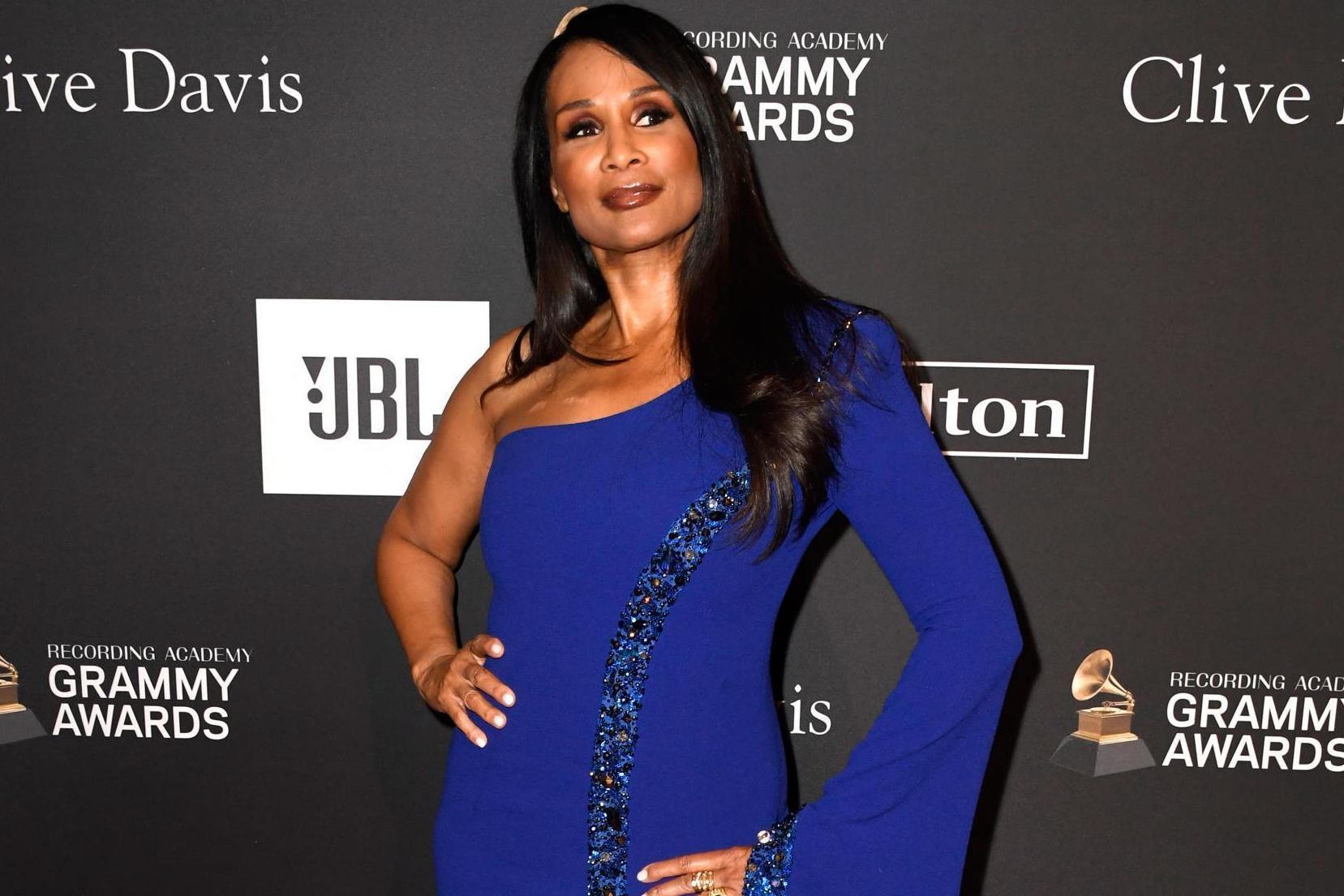Vogue's first black cover model discusses racism in fashion industry and calls on Anna Wintour to 'hold her peers accountable'
Supermodel says 'silence on race is the cost of admission to the fashion industry's top echelons'

Beverly Johnson, the first black Vogue cover model, has spoken out about racism and discrimination in the fashion industry.
In an op-ed in the Washington Post published on Tuesday, Johnson, who was featured on the cover of Vogue in 1974, said that her debut “was meant to usher in a current of change in the fashion industry.”
“But as the national conversation around racism expands, stories about discrimination in the fashion industry and at Vogue, in particular, have come under the spotlight,” Johnson wrote.
According to Johnson, discrimination on the basis of race meant that she was paid less than her white peers, that the “industry was slow to include other black people in other aspects of the fashion and beauty industry,” and that she was “reprimanded” for requesting black hairstylists, photographers and makeup artists.
“Silence on race was then - and still is - the cost of admission to the fashion industry's top echelons,” the 67-year-old said.
In the op-ed, the model also referenced Vogue’s editor-in-chief Anna Wintour, who recently acknowledged that the magazine has failed to “elevate and give space to black editors, writers, photographers, designers and other creators."
"It can't be easy to be a black employee at Vogue, and there are too few of you," Wintour wrote in an email to staff. "I know that it is not enough to say we will do better, but we will - and please know that I value your voices and responses as we move forward.
“I am listening and would like to hear your feedback and your advice if you would like to share either."
According to Johnson, many of Vogue’s previous efforts to be more inclusive have all been small, one-off instances that have not led to any real change in the industry, nor at the magazine.
“In 2018, Beyoncé advocated for Tyler Mitchell, a black photographer, to shoot her September Vogue cover - making him the first black photographer to shoot a Vogue cover in its 125-year history,” Johnson wrote. “But Mitchell’s cover was a one-off, not a spark. Since then, there have been no black photographers who have shot a Vogue cover.”
However, according to Johnson, as “arguably the most powerful person in the world of fashion,” Wintour has the power to change the industry.
To begin to address the issue of racism in the industry, Johnson said Wintour must hold her peers “accountable for making structural changes.”
The supermodel also proposed the magazine’s publisher Condé Nast adopt a new policy, the “Beverly Johnson Rule,” which would require at least two black candidates to be interviewed for “influential” positions.
“This rule would be especially relevant to boards of directors, C-suite executives, top editorial positions and other influential roles,” Johnson said, adding that she also invites other “chief executives of companies in the fashion, beauty and media industries to adopt this rule.”
Acknowledging that it has been 46 years since her first Vogue cover, Johnson said she hopes to “continue fighting the racism and exclusion that have been an ugly part of the beauty business for far too long.”
Join our commenting forum
Join thought-provoking conversations, follow other Independent readers and see their replies
Comments
Bookmark popover
Removed from bookmarks